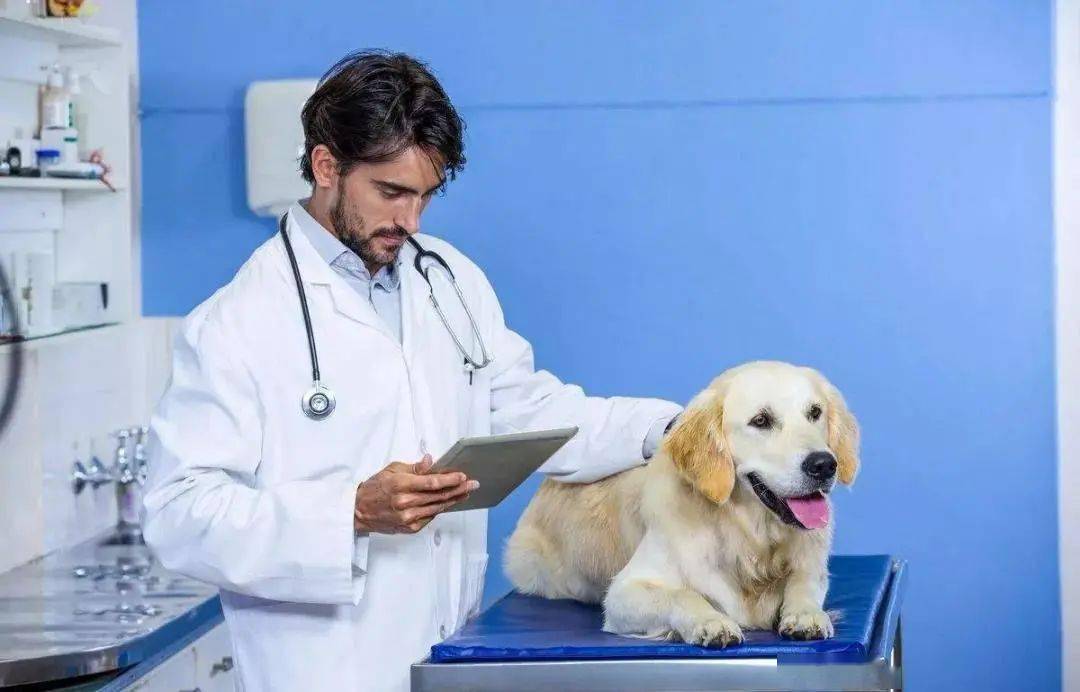Is Your Dog at Risk for Canine Distemper? Here's What You Need to Know.
Understanding Canine Distemper
Canine Distemper Virus (CDV) is highly contagious and affects dogs and other species like foxes, wolves, ferrets, skunks, and raccoons. It mainly spreads through droplets from infected animals' body fluids. Although the virus can be severe, it's not a threat to humans or cats.
Puppies aged 3-6 months are most susceptible to canine distemper. This risk increases as the maternal antibodies, which puppies receive from their mothers, begin to fade between 9-12 weeks. The disease has various stages with differing symptoms, ranging from respiratory and gastrointestinal issues to neurological symptoms.
Though not as common as it once was, canine distemper can still be severe. The outcome depends on the treatment's timing and effectiveness. Some dogs recover quickly, while others might have long-term effects or even succumb to the disease if not treated promptly.

Differential Diagnosis
Some conditions share similar symptoms with canine distemper, which can make diagnosis challenging. Here are some examples:
Respiratory Symptoms: Diseases like kennel cough (infectious tracheobronchitis) and other infections (bacterial or fungal) can resemble canine distemper's respiratory symptoms.
Gastrointestinal Symptoms: Conditions like parvoviral and coronavirus enteritis, bacterial infections (like Campylobacter or Salmonella), and protozoal infections (like Giardia) can mimic gastrointestinal signs of canine distemper.
Neurological Symptoms: Diseases such as granulomatous meningoencephalitis, protozoal encephalitis, cryptococcosis, and lead poisoning can share similar neurological symptoms with canine distemper.
Understanding these distinctions and working with your vet is key to proper diagnosis and treatment.

Home Care and Prevention
Medications and Follow-Ups: Make sure you administer all prescribed medications to your dog exactly as directed by the vet. Regular follow-up visits are also crucial to track your dog's recovery.
Sanitation and Cleaning: To clean food and water bowls or other contaminated items, use a solution of 1 cup of bleach to 4 liters of water. Regularly disinfect contaminated areas to prevent the spread of the disease.
Vaccination: Canine distemper is preventable. Puppies should start getting a series of vaccines at 6-8 weeks, with booster shots every 3-4 weeks until they're 16-20 weeks old to build strong immunity. After that, dogs usually get yearly vaccinations to maintain immunity against the virus.
Minimizing Exposure: Keep your puppy away from places where the virus might be present, like parks or kennels, until it's fully vaccinated. Also, avoid contact with other dogs that might not be vaccinated.
Comments
Post a Comment